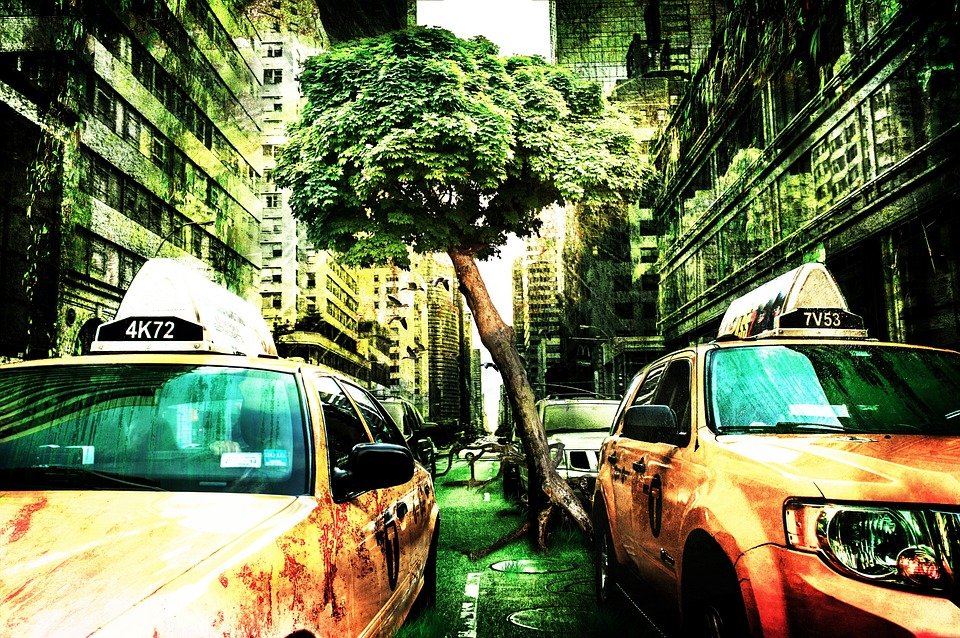Introduction
Gaming has come a long way since the days of Pong and Tetris. With advancements in technology, the gaming industry has witnessed a massive transformation, offering immersive experiences that transport players to virtual worlds. However, the future of gaming holds even more exciting possibilities, thanks to the advent of Non-Fungible Tokens (NFTs) and their impact on game assets.
What are NFTs?
NFTs are unique digital assets that utilize blockchain technology to establish ownership and authenticity. Unlike cryptocurrencies such as Bitcoin or Ethereum, which are fungible and can be exchanged on a one-to-one basis, NFTs are indivisible and cannot be exchanged on a like-for-like basis. This uniqueness makes them ideal for representing one-of-a-kind virtual items in games.
NFT Collections in Gaming
The integration of NFT collections in gaming has opened up new possibilities for both players and developers. Game assets, such as characters, weapons, skins, and even virtual real estate, can now be tokenized as NFTs, allowing players to truly own them. This ownership provides players with the ability to trade, sell, or even use these assets across multiple games and platforms.
Furthermore, NFT collections introduce scarcity and rarity to the gaming world. Just like rare physical trading cards or limited edition collectibles, NFT game assets can become highly sought after, driving up their value. Players can now have a tangible stake in the virtual world, with some even earning a living through trading rare NFT assets.
Revolutionizing Game Economies
Traditionally, game economies have been centralized and controlled by game developers. With NFT collections, the power shifts to the players. Game assets can be bought, sold, and traded on decentralized marketplaces, allowing players to have full control over their digital possessions. This decentralization democratizes the gaming economy, empowering players to participate in a thriving marketplace.
Moreover, NFT collections enable developers to create sustainable revenue streams. By implementing a revenue-sharing model, developers can earn a percentage from secondary sales of in-game assets. This incentivizes developers to create high-quality assets and maintain the longevity of their games, benefiting both players and creators.
The Future of NFTs in Gaming
The future of NFT collections in gaming looks incredibly promising. As blockchain technology evolves and becomes more scalable, NFTs will find even greater integration into mainstream gaming experiences. Virtual reality (VR) and augmented reality (AR) games, for example, could leverage NFTs to enhance immersion and enable users to truly own and customize their virtual environments.
Additionally, the interoperability of NFTs across different games and platforms will allow for seamless integration and cross-game asset utilization. Imagine having a legendary sword in one game that can also be used in various other games without losing its unique characteristics. This interoperability will foster collaboration between game developers and create a dynamic ecosystem for gamers.
FAQs
Q: How do NFT collections benefit players?
A: NFT collections allow players to truly own their in-game assets, providing them with the ability to trade, sell, or utilize these assets across multiple games and platforms. It also introduces scarcity and rarity, potentially driving up the value of their digital possessions.
Q: How do NFTs revolutionize game economies?
A: NFTs decentralize game economies, giving power and control to players. They can buy, sell, and trade game assets on decentralized marketplaces, creating a thriving marketplace. Developers can also earn revenue from secondary sales, incentivizing the creation of high-quality assets.
Q: What is the future of NFTs in gaming?
A: The future of NFTs in gaming is promising. As blockchain technology evolves, NFTs will find greater integration into mainstream gaming experiences. Interoperability across games and platforms will enable seamless asset utilization, fostering collaboration and creating a dynamic ecosystem for gamers.

